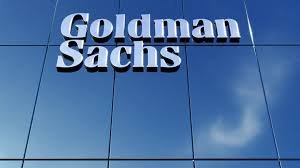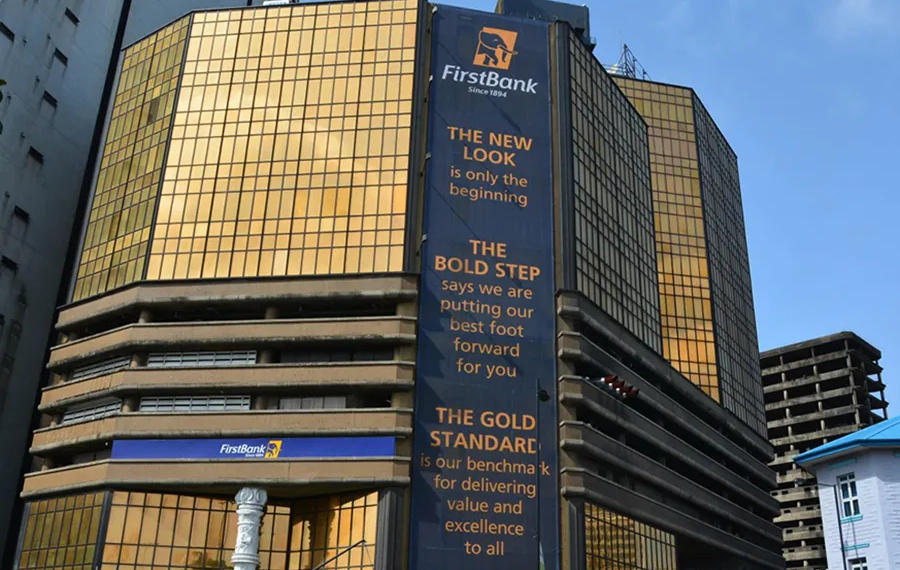Goldman Sachs has lost more than a dozen senior investment bankers to rival firms this year following internal restructurings and a sluggish start to 2025.
According to Reuters, some of the bankers departed after anticipating they would be passed over for promotions, including to the firm’s prestigious partner class. Others reportedly left in expectation of smaller year-end bonuses, as dealmaking activity slowed during the first half of the year.
Reuters reports that the scale of these departures is being disclosed for the first time. Despite the exits, Goldman Sachs continues to dominate Wall Street’s merger and acquisition (M&A) league tables. The bank’s dealmaking fees have rebounded to near-2021 levels, and its investment banking net revenue for the first nine months of the year is the highest since that period, according to Dealogic data.
Many of the departing bankers have joined rival institutions such as JPMorgan Chase (JPM.N), Wells Fargo (WFC.N), and Citigroup (C.N), while others have moved to boutique advisory firms, including Evercore (EVR.N).
“We always look to run our firm in service of our clients and shareholders,” a Goldman Sachs spokesperson said. “Goldman Sachs succeeds because of our exceptional teams and the strength of our franchise.”
Plans to Name New Partners
The bank plans to name a new round of partners later this year. In 2024, Goldman promoted 95 new partners, including 26 women, reflecting ongoing efforts to diversify its leadership ranks.
Goldman has continued to advise on major transactions in 2025, including Electronic Arts’ $55 billion sale to a consortium of private equity firms and Saudi Arabia’s Public Investment Fund, as well as Holcim’s $26 billion spinoff of its North American business, Amrize.
“While there have been fewer deals overall, the ones getting done are larger in size, requiring fewer bankers,” said Stephen Biggar, a banking analyst at Argus Research.
Industry data supports that trend: global M&A activity surged to $1.26 trillion in the third quarter, up 40% year over year, but the total number of deals of 8,912 fell 16%, marking the lowest third-quarter deal count in two decades, according to Dealogic.























